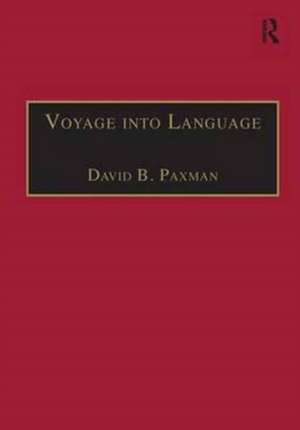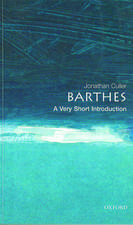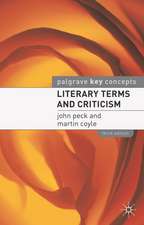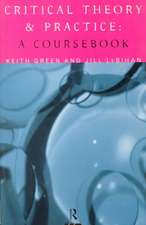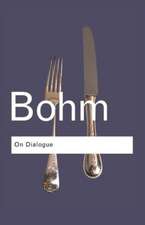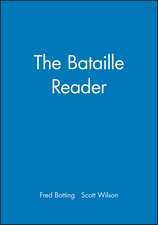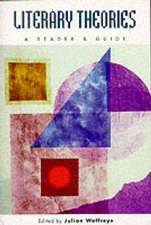Voyage into Language: Space and the Linguistic Encounter, 1500–1800
Autor David B. Paxmanen Limba Engleză Hardback – 28 iul 2003
Preț: 767.07 lei
Preț vechi: 1029.09 lei
-25% Nou
Puncte Express: 1151
Preț estimativ în valută:
146.77€ • 153.80$ • 121.34£
146.77€ • 153.80$ • 121.34£
Carte tipărită la comandă
Livrare economică 11-25 aprilie
Preluare comenzi: 021 569.72.76
Specificații
ISBN-13: 9780754606970
ISBN-10: 075460697X
Pagini: 288
Dimensiuni: 153 x 219 mm
Greutate: 0.61 kg
Ediția:1
Editura: Taylor & Francis
Colecția Routledge
Locul publicării:Oxford, United Kingdom
ISBN-10: 075460697X
Pagini: 288
Dimensiuni: 153 x 219 mm
Greutate: 0.61 kg
Ediția:1
Editura: Taylor & Francis
Colecția Routledge
Locul publicării:Oxford, United Kingdom
Cuprins
Contents: Introduction; Space and language: language in space; Mapping language; Language barriers; Containing language: what language contains; Philosophical grammar, or language and world in stasis; Rhetoric and the expanding world; Locke and after: language as the mind's space; Language as the journey of the human mind: typology, national culture, and the role of the linguist; Conclusion; Index.
Recenzii
'For those interested in the history of language study, this book is a must. It is the fascinating story of the influence of spatial experience on the development of Western conceptions of language.' Cecil H. Brown, Distinguished Research Professor Emeritus, Northern Illinois University 'It is primarily of interest to specialists in the history of linguistics, but may also be relevant to specialists in critical theory and cognitive science. Recommended.' Choice 'Paxman's book not only reminds us that early travel literature provided the focal point for formulating core problems of present day anthropology, linguistics, psychology and semiotics; it also whets the reader's appetite for revisiting some of the early writers he discusses - especially, for anyone interested in the history of semiotics, Condillac.' Journeys
Descriere
In this new study, author David Paxman demonstrates that ordinary spatial concepts, together with the changing sense of the earth's space brought about by exploration, navigation, and mapping exerted a strong influence on linguistic thought. Paxman illuminates how our thinking about language as a whole, as well as our exploration of languages, developed in ways parallel to our thinking about and exploration of the space we live in, our planet. To the factors to which scholars have generally attributed to language thought in the early modern period - the refinement of tools in phonetics, grammar and linguistic history, and the increasing exposure to diverse languages as the world was explored and colonized - Paxman here adds another: spatial exploration and the novel application of spatial concepts. While Voyage into Language does contribute to the history of linguistics, more broadly it is a treatment of intellectual and cultural history, and an application of cognitive science to language study of the past. As such, it holds appeal for historians and literary scholars as well as linguists.
